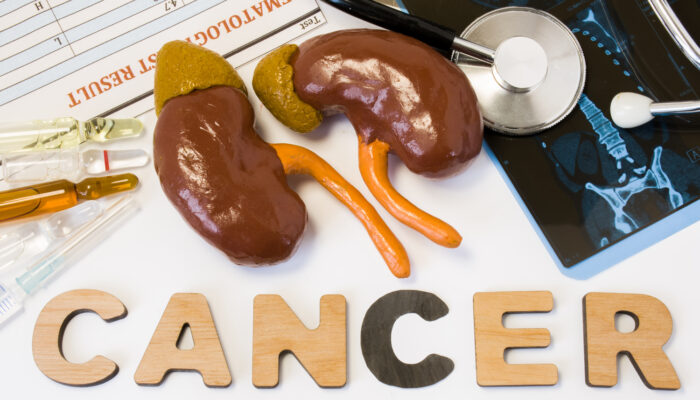
Hepatitis Types and Causes
Hepatitis is one of the most widely misunderstood illnesses; most people believe that it is only a sexually transmitted disease, and are unfamiliar with the different hepatitis types. This can be challenging for a person who is diagnosed with the illness, who will most likely be unfamiliar with the different options in hepatitis medication and hepatitis treatment options. While most are familiar with hepatitis as an STD, there are several different hepatitis types, all with different causes:
1. Hepatitis A
Hepatitis A is a disease of the liver, caused by the hepatitis A virus. This type is most common in countries with poor or no water treatment, as it is most often passed through contact with feces particles from an individual with hepatitis A. There is no treatment for hepatitis A, but typically within six months the body will rid itself of the virus on its own.
2. Hepatitis B
Hepatitis B has a greater potential to be life-threatening than type A. It can cause cirrhosis and cancer of the liver, which may be deadly. Hepatitis B is spread through blood to blood contact, and while it could be a fatal disease, it does have some hepatitis treatment options, such as hepatitis medications. Many patients who have been diagnosed with hepatitis B take antiviral medications to kill the virus, or receive injections which help the body to clear itself of the infection.
3. Hepatitis C
Hepatitis C is perhaps the most well known type. It is usually contracted through the use of hypodermic needles which have already been used by an infected person. The outcome of this disease is often unpredictable as it can last from a few weeks to a lifetime. Like type B, hepatitis C can be treated with antiviral hepatitis medications, which will either help minimize the effects of the virus, or get rid of it completely.
4. Hepatitis D
Hepatitis D can only be contracted by a person who has already been infected with hepatitis B. It is considered by some to be the most serious form of the disease, as it can cause liver failure or cancerous cells to develop in the liver. There is currently no cure for this, so treatment is focused on self care and management of the illness. It is important to avoid alcohol after receiving this diagnosis.
5. Hepatitis E
Hepatitis E is contracted through drinking contaminated water and usually eliminates itself from the body within a couple of months. In some cases, it may develop into a more severe type of hepatitis which can lead to liver failure, but most often does not. Hepatitis E does not have any antiviral treatments currently, but should be managed by ensuring that one is properly nourished and hydrated, as well as avoiding alcohol.
All types of hepatitis can be treated by avoiding alcohol consumption, as alcohol can be hard on the liver and cause any kind of liver disease to worsen. Some hepatitis types may be improved with bed rest, as well as ensuring that you are taking your medications properly.



